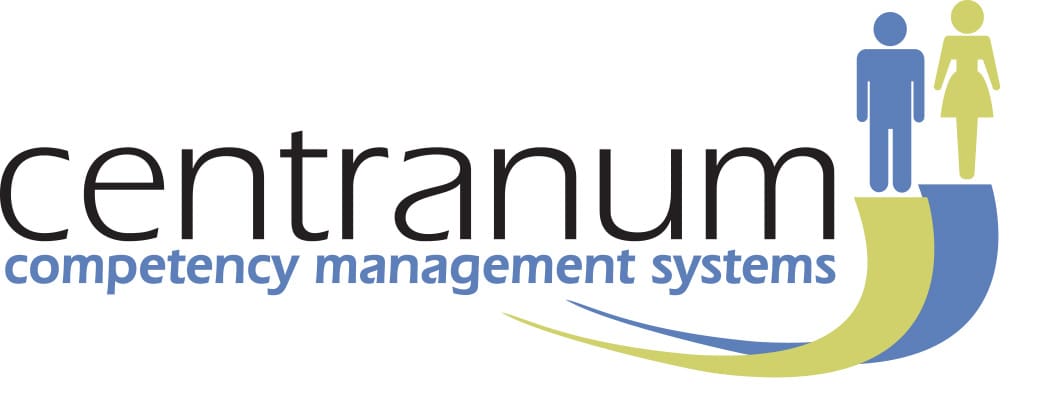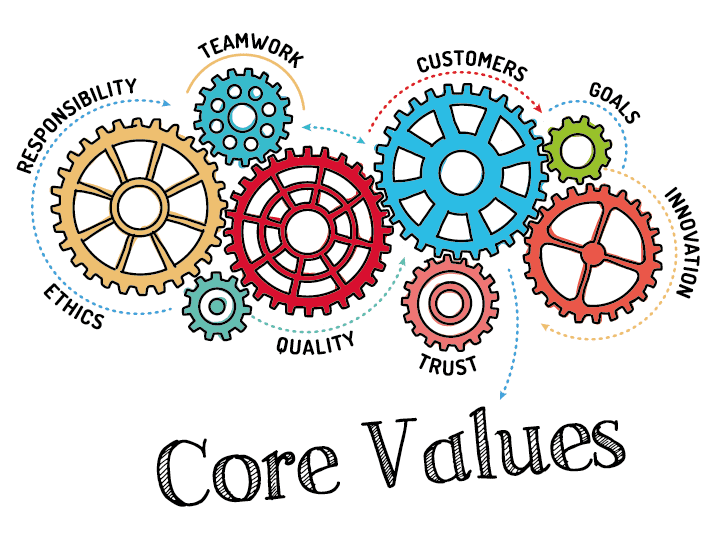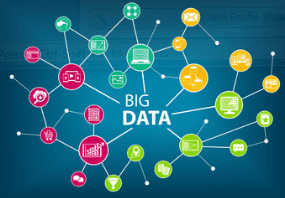Research has provided insight into the ‘citizenship’ competencies that are associated with improved performance at the work group and organizational level. We review the four main competencies and example behaviours.
Workforce Capability Challenge Research 2020
Part 2 of our 2020 research into Workforce Capability Challenges covers the second part of the year. Visitors to our web site reported their one key challenge. Since visitors were browsing our information resources most challenges are reported in the context of Capability/Competency Management.
We look at the impact of the Covid pandemic. Overall, reported challenges have become more practical and less aspirational. There is a noticeable trend for more interest in competency as a means to performance improvement.
Remote Working Latest Research
People have been working remotely for decades. Suddenly there is huge interest in remote working as a result of the pandemic.
In this article we take a deep dive into the historical data to see how prevalent remote working has been. We look at the kind of roles that most frequently work remotely, and how much time they spend doing that.
We look at survey data of the benefits and the challenges experienced by remote workers and their employers.
In particular we look at whether working remotely affects productivity, including the impact of the work environment, tools and resources.
For all these factors we look at the impact of the pandemic and the likely effect on the future of remote work
HR Analytics – Big Data
HR Analytics is being promoted as a MUST HAVE by software suppliers and consultants alike. We examine the scope, what is required for effective analysis, the current state of play in many organizations, the potential benefits, the effort required and last but not least what is the return on investment?
Healthcare Teams – latest research
A look at the latest research on healthcare teams. The nature of healthcare teams, their impact on patient outcomes and safety. We look at the major challenges and the lessons learned from other teams in other industries that operate in high stakes situations. We review the competencies recommended for healthcare teams, and also some of the structured communication tools that can help team operation.
CV Fraud
In the last 10-15 years the problem of inaccuracy in CVs has increased exponentially. Some sources claim that as many as 80% of CVs contain inaccuracies. The problem affects senior roles as well as lower level jobs. There have been recent high profile cases in government departments and corporates. Most inaccuracies are about employment history and educational qualifications, in roughly equal proportions.
Many organisations don’t do or have the resources for extensive background checking – but there are other solutions. Read More
Leadership Competency – Communication
Obviously communication is a core competency. Studies have found that 70-80% of a leader’s time is spent in communication, mainly with those who report to them. Probably for this reason communication is a major predictor of leadership effectiveness. Research shows that the use of particular communication techniques can help build team performance and engagement. Learn More
Leadership Competency Development – what works – what doesn’t
Research update. A 2017 meta-analysis of over 300 studies on leadership competency development shows there is little evidence of positive impact of on organizational effectiveness. It highlights those approaches that work better, those that don’t work, and those that are still uncertain. A complementary study highlights the problems many organizations have in supporting learning transfer on the job.
The Neuroscience of Leadership Competency Development
There is a strong trend to attach the term ‘neuro’ to articles, products and services in psychology and people management. It is claimed that organizational behaviour, leadership, learning and development, can be better understood and improved using neuroscientific theory and methods. How true is this?









